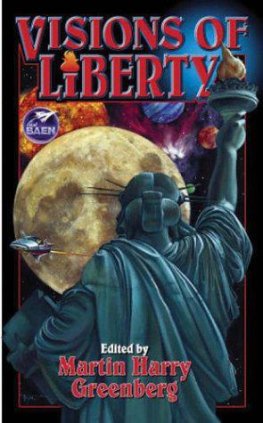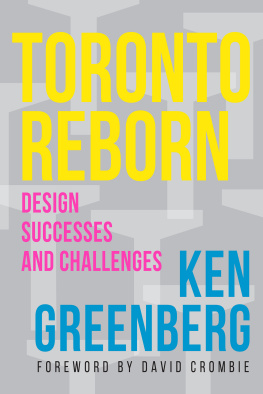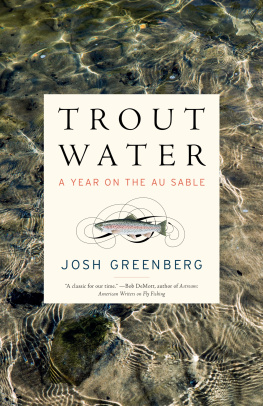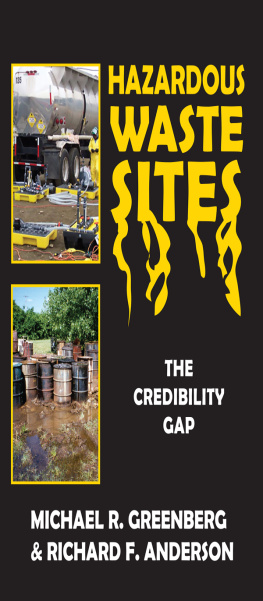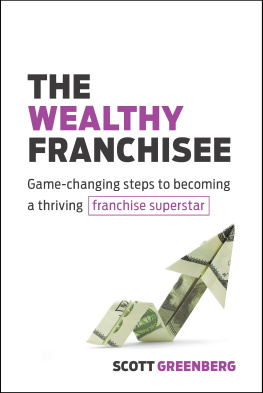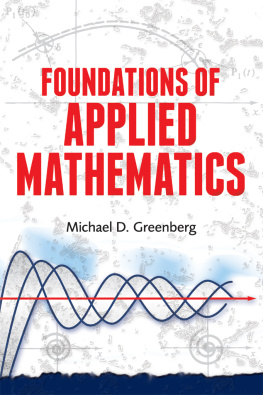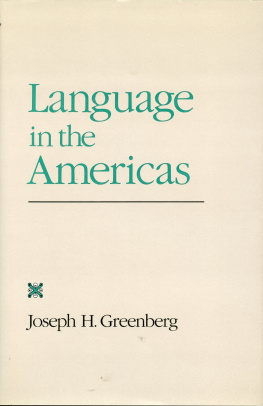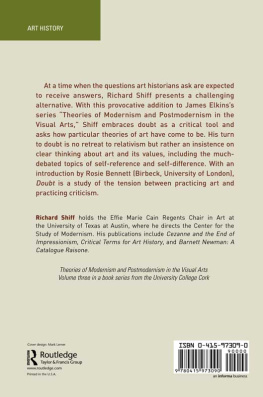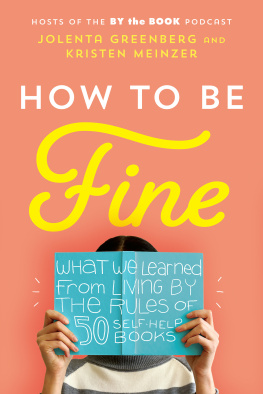Prices calculated from September 2004 to September 2006.
Not her real name.
Calculated in dollars as of 2005.
Solotaroff died on August 8, 2008.
A native New Yorker, MICHAEL GREENBERG
is the author of the highly acclaimed memoir Hurry Down
Sunshine, published in sixteen countries and chosen as one
of the best books of 2008 by Time and Amazon.com. He is
a columnist for the Times Literary Supplement. His writing
has appeared in such varied places as O, The Oprah
Magazine and The New York Review of Books.
He lives in New York.
Hurry Down Sunshine
Beg, Borrow, Steal
A Writers Life
MICHAEL GREENBERG

First published in Great Britain 2010
Copyright 2009 by Michael Greenberg
This electronic edition published 2011 by Bloomsbury Publishing Plc
The stories in this book appeared, in an earlier form, in the authors freelance column in the Times Literary Supplement between June 2003 and April 2009
The right of Michael Greenberg to be identified as the author of this work has been asserted by him in accordance with the Copyright, Designs and Patents Act 1988
All rights reserved. You may not copy, distribute, transmit, reproduce or otherwise make available this publication (or any part of it) in any form, or by any means (including without limitation electronic, digital, optical, mechanical, photocopying, printing, recording or otherwise), without the prior written permission of the publisher. Any person who does any unauthorised act in relation to this publication may be liable to criminal prosecution and civil claims for damages.
Bloomsbury Publishing Plc, 36 Soho Square, London W1D 3QY
A CIP catalogue record for this book is available from the British Library
ISBN 978 1 4088 2266 1
www.bloomsbury.com/michaelgreenberg
Visit www.bloomsbury.com to find out more about our authors and their books.
You will find extracts, authors interviews, author events and you can sign up for newsletters to be the first to hear about our latest releases and special offers.
To Pat Cremins
and to my friend and editor James Cambell
Note to the Reader
When I began writing these stories for the Times Literary Supplement, my editors instructions were simple and concise: each piece had to spill a drop of blood. Give it a sense of personal necessity, a sense of urgency. Otherwise, there are no restrictions. They were to be between eleven hundred and twelve hundred words, just long enough to tell a complete story. It was an exhilarating combination: freedom of content in a form that seemed as strict as that of a haiku.
M.G.
Brotherly Love
1
MY OLD MAN was like Zeuss father Cronos: he couldnt bear the idea that any of his children might surpass him. Life radiated from the central pulse of his scrap-metal yard; the world beyond it seemed to make him defensive and nervous. Self-conscious about his lack of formal education, he took my bookishness as a personal affront. Which do you think is worth more, he once asked me, a commodity or some goddamn idea?
Among the family, my violent fights with him were famous. The last one occurred when I was fifteen. I followed him around the apartment, taunting him with a line from my latest poem, Which do you think is worth more, flesh or steel? At the end of his rope, he took a wild swing at me. I dodged it easily, hearing the crush of bone as his fist hit the wall. I fled the apartment, and when I returned, three days later, his hand was in a cast. You have guts, but no common sense, he said. One cancels out the other. A total waste.
A week later, I moved away from home, supporting myself with a night job in a bookstore.
Nevertheless, when I was in my early twenties, driving a cab, with a newborn son at home, my father offered me a chance to join the family business. You get all the major holidays, he said. You quit work every day at five. And to make a living you dont have to be a genius.
He seemed hurt when I turned him down. Those notebooks you scribble in wont get you on the goddamn subway, he said.
He was right, and during the lean years that followed I sometimes imagined that he was eyeing me with satisfaction. I was getting what I deserved. The idea of writing for a living was ludicrous to him, unless you were as famous as Arthur Miller or cooked up gags for one of his revered television stars. My literary ambitions were self-destructive and pretentious.
The family metal business was not pretentious. Pig iron, scrap metal, and cold roll steel were the deities of our household. They represented value stripped down to its zero point, tangible and unadorned. To get by in my fathers world, you had to be tough, like he was. He didnt have colleagues, only enemies. Every dollar, he taught us, had to be pried away from men who would just as soon see us starve.
My brothers, Robert and Ben, had accepted his offer to join the business, and when he died, nine years ago, they inherited it. More than a livelihood, it had become the source of our familys identity, our New York achievement. Our immigrant grandfather had started with scrap metal back in the 1920s. Prior to that, in the Ukraine, iron work had been the family trade. Robert and Ben enjoyed a special status for keeping this tradition (and, by extension, our Jewish forefathers) alive.
I am stunned, therefore, when I learn that my brothers have decided to liquidate the business and retire while still in their prime. The news puts me in the untenable position of mourning the passing of something that I had strongly rejected.
I ride the number 6 train to the South Bronx in order to see the place one last time. When I arrive, the cinder-block warehouse is almost empty. Youre looking at a carcass, says Ben, reading my mind. The building has already been sold, he tells me. In a month the new owners will move in, a sprinkler company that used to be down in TriBeCa. Robert examines the remaining scraps of steel, doing his best to look busy. They seem embarrassed by the state of affairs, and uneasy about my being there for no apparent reason other than to scrutinize their lives. What will you do now? I ask. Learn to cook, says Ben sarcastically. Climb mountains, says Robert. A rat hurries along the warehouse wall. I am reminded of Freuds remark that when rats appear in a dream, they usually stand for the dreamers siblings.
Sitting with them in their cramped, dusty office, I feel the presence of our father. His larger office was in the adjoining room. It looks much as he left it, except for the addition of an exercise bike that my brothers rarely use. Robert once had aspirations to be an artist, and on the wall opposite our fathers old desk hangs a painting he did of the warehouse crammed with rolled coils of steel. The picture of prosperity. I feel that Im letting Dad down, says Robert quietly. He never would have allowed this to happen.
Our fathers stamp on him was enormous. A few weeks after our father died, Robert started wearing his pinkie ring, a blue sapphire set in a square of gold. He took to smoking his cigars, driving his old, wheezy Mercedes, and thrusting his chin out like our father, growling at people without provocation. I thought of Patricia Highsmiths character Tom Ripley assuming the mannerisms of his victim Dickie Greenleaf in The Talented Mr. Ripley, though in Roberts case this was a benign, seemingly unconscious homage.
A couple of months later, as if snapping out of a trance, he ditched the Mercedes, put away the pinkie ring, and returned to himselfsolitary and shy. I realized then that this had been Roberts way of mourning: he had been keeping our father alive in himself.


